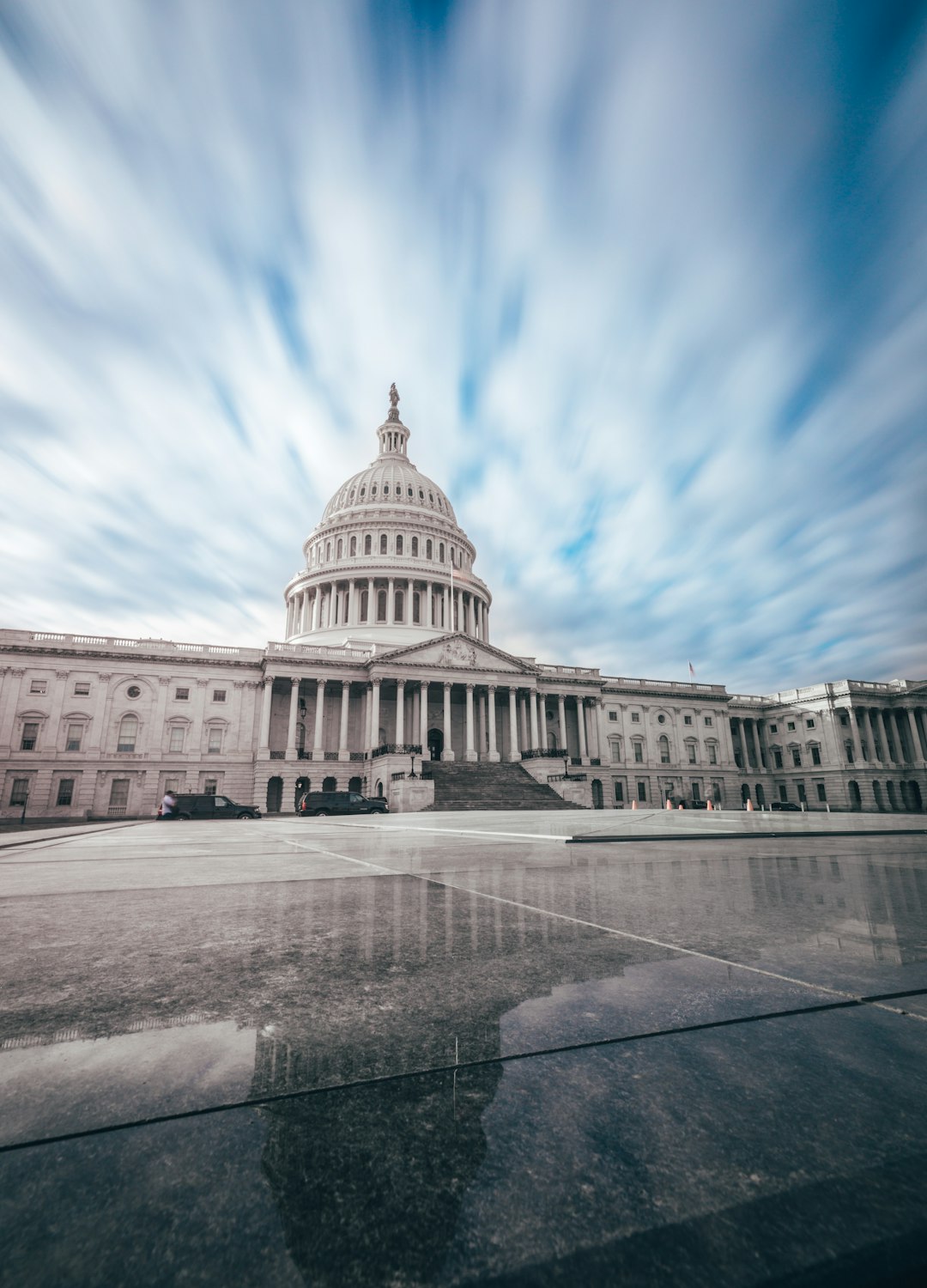In Washington state, robust Do Not Call laws protect consumers from unwanted debt collection calls, including those from law firms representing creditors. These laws restrict communication frequency and manner, offering individuals privacy and peace of mind. Consumers can opt-out of debt collection calls by registering their numbers, and agencies must cease contact unless prior consent is given. Enforcement guidance is available from reputable Do Not Call law firms in Washington.
“In the state of Washington, consumers are protected by strict ‘Do Not Call’ laws that regulate debt collection practices. This comprehensive guide delves into the intricacies of these laws, specifically focusing on frequency limits for debt collection calls. With a keen eye on consumer rights, we explore the legal boundaries set by Washington’s regulations, ensuring call frequencies respect personal time and privacy.
Learn about your rights, understand the consequences of violating these rules, and discover how to navigate debt collection calls responsibly under Washington’s Do Not Call laws.”
Understanding Washington's Do Not Call Laws for Debt Collection

In Washington state, consumers are protected by strict regulations regarding debt collection calls, specifically through the state’s Do Not Call laws. These laws provide individuals with a layer of privacy and peace of mind by limiting the frequency and manner in which debt collectors can contact them. The Do Not Call law applies to all consumer debt collection practices, including phone calls, emails, and text messages.
Washington’s Do Not Call Law forbids debt collection agencies from making repeated or annoying calls to consumers. It allows individuals to register their phone numbers with the state to opt-out of such calls. Once registered, debt collection firms must cease contacting the consumer unless they have prior express consent. This legislation ensures that residents can manage their communication preferences and avoid being overwhelmed by relentless debt collection efforts. For those seeking protection under these laws, consulting with a reputable Do Not Call law firm in Washington is advisable to understand their rights and take necessary steps to enforce them.
Legal Limits on Debt Collection Calls: What You Need to Know

In Washington state, debt collection practices are heavily regulated to protect consumers from aggressive and harassing calls. The Do Not Call laws extend to both telemarketers and debt collectors, including law firms attempting to collect debts. According to these regulations, a creditor or collector cannot make phone calls to you if you have not initiated the contact and have placed your number on the Do Not Call list. This means that law firms representing creditors must respect your privacy and cease contacting you unless there is an express consent given by the consumer.
The frequency of debt collection calls is also restricted. Collectors are allowed one call per week, and they must provide a clear identification of the caller and the purpose of the call during each attempt. If you request that they stop calling, they are legally obligated to cease all further attempts except in certain specific circumstances, such as to confirm your current address or send a written notice via mail. Understanding these legal limits can empower individuals to assert their rights against harassing debt collection practices, especially from law firms operating under the Do Not Call laws in Washington state.
Protecting Your Rights: How the Law Restricts Call Frequencies

Debt collectors in Washington state are subject to strict regulations to protect consumers’ rights and prevent harassment. One of the key provisions is the Do Not Call law, which limits the frequency of calls from law firms and debt collection agencies. This law ensures that individuals can have some peace and quiet, free from relentless phone calls.
Under the Washington Do Not Call law, debt collectors cannot make more than one telephone call in a 72-hour period to any number on their do-not-call list. This legislation is a game-changer for consumers, as it provides a much-needed respite from persistent collection efforts. By enforcing these limits, the law empowers individuals to take control of their communication preferences and protects them from aggressive debt collection practices.
Consequences and Enforcement of Violating Washington's Calling Rules

In Washington, violating the state’s calling rules can lead to severe consequences for debt collection agencies and creditors. The Do Not Call law firms regulations are designed to protect consumers from excessive and unwanted calls, ensuring their privacy and peace of mind. If a debt collector breaks these rules, they may face legal repercussions. Fines and penalties can be imposed on offenders, with amounts varying based on the severity of the violation.
Enforcement agencies play a crucial role in upholding these laws. Consumers who experience repeated violations from debt collectors can file complaints with the Washington State Attorney General’s Office. This office has the authority to investigate and take legal action against those who disregard the Do Not Call rules, ensuring compliance and holding perpetrators accountable for their actions.






